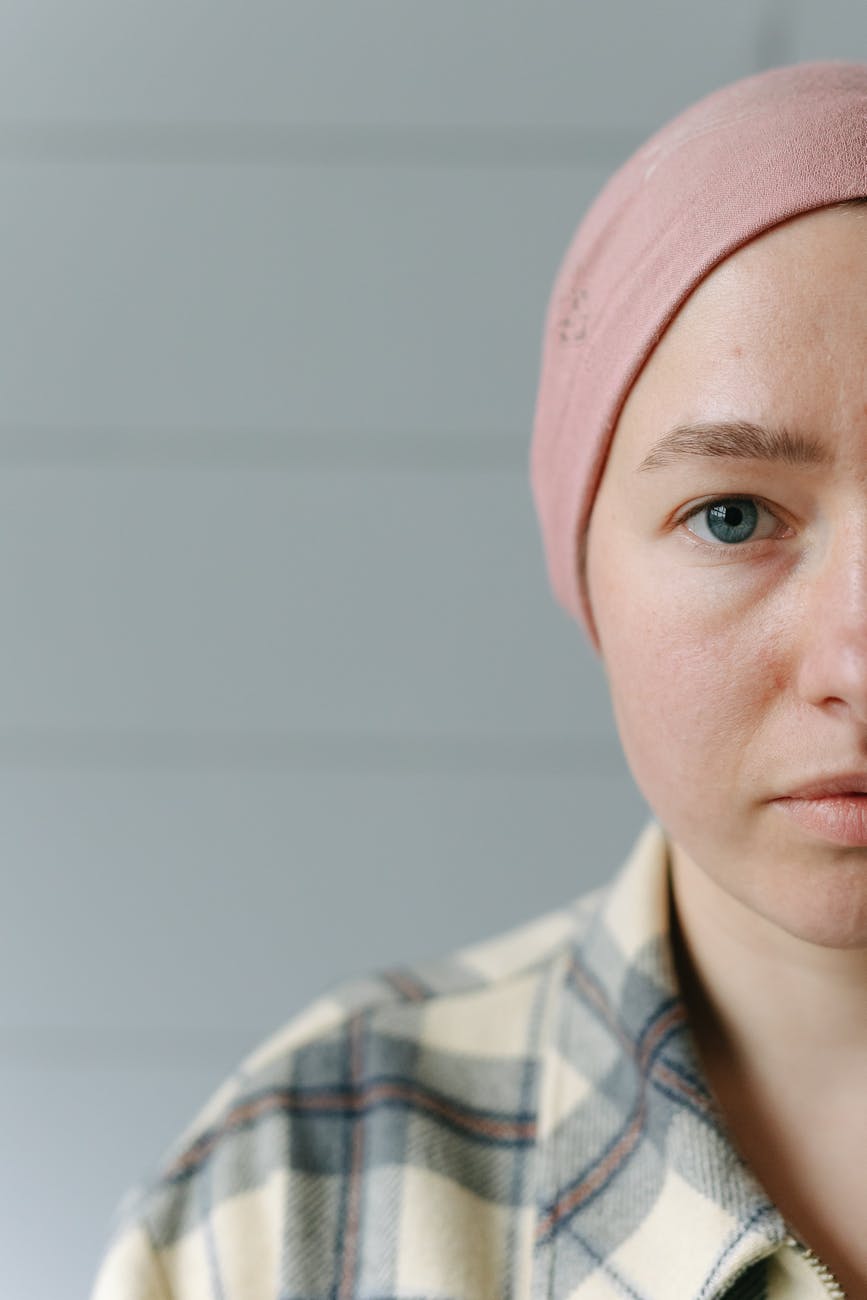Oncology is a field of medicine that deals with the treatment of cancer, including the formation, causes, diagnosis and treatment of tumors in the body. It studies cancer cells as well as non-cancerous cells. This broadens the interests of oncology. A team of specialized oncology nurses, experienced in meeting the psychological and physical needs of cancer patients, administer chemotherapy and care for cancer patients under the guidance of medical specialists.
Many different specialties help manage cancer treatment. Surgical oncology involves operations to treat cancer by removing cancerous cells from a person’s body. Medical oncology uses medicines to treat solid tumors such as breast, bowel and lung cancer. Radiation oncology uses radiation, mostly from powerful X-ray machines, to treat tumors. Hematology treats blood tumors such as leukemia and lymphoma. Palliative care uses medicines to control cancer symptoms to relieve any pain.
You can continue reading our content to get answers to your questions such as what is oncology, what oncology looks at, what medical oncology means, what medical oncology looks at.
What Does Medical Oncology Look For?
It is the subspecialty of internal medicine that includes the diagnosis and treatment of benign and malignant neoplasms, and the section that focuses on the treatment of cancer using medication answers the question “What is medical oncology?”. An oncology doctor typically assists general internists and other physicians in identifying individuals at risk of malignancy and investigating clinical symptoms suggestive of underlying cancer.
Medical oncology does not only include procedures to screen for cancer. It also includes analyzing chemotherapy practices, examining cancer prevention practices and conducting studies on early detection.

Which diseases are treated in the Oncology Department?
The oncology department focuses on the diagnosis and treatment of the following types of cancer
- Bladder cancer
- Breast cancer
- Cervical cancer
- Upper gastrointestinal tract cancer
- Colorectal cancer
- Kidney cancer
- Liver cancer
- Lung cancer
- Melanoma
- Ovarian cancer
- Prostate cancer
- Sarcoma
- Testicular cancer
- Endometrial cancer
This includes brain tumors. First, the causes of cancerous cells or tumors are examined. After the diagnosis is made, chemotherapy applications are started in the treatment phase.
In addition to curiosities such as what oncology means, what is oncology, which diseases it looks at, which department is oncology, what medical oncology means, treatment options are also investigated by patients.
What are Medical Oncology Treatment Options?
Medical oncology doctors treat the primary site of some types of cancer, such as breast, colon, lung and prostate cancers, and secondary sites of metastasis, including bones, brain and other organs.
Drug therapy can be used to treat active and clinically determined cancer. It can be used as the only medical oncology treatment to eliminate easily undetectable disease in early-stage cancers or as an adjuvant to surgery or radiation therapy.
Chemotherapy
What is medical oncology, what does medical oncology look at, what does medical oncology mean, what does medical oncology do? Chemotherapy generally refers to the treatment of tumors with chemical preparations. It constitutes one of the main methods in tumor treatment together with surgery and radiotherapy. It is prescribed according to the tumor type, taking into account the individual characteristics of the patient. It targets rapidly dividing cells within the tumor. It can interfere with DNA structure or cell division.
For some tumor types, chemotherapy is the only possible treatment. Some cancer tumors require simultaneous or sequential use of radiotherapy and chemotherapy, while other types of cancer may require chemotherapy sessions before and after surgery.
Chemotherapy is usually given by injection or infusion, but can sometimes be given as tablets or capsules. It may be given regularly as outpatient treatment or patients may need to be hospitalized. Depending on the treatment, the frequency of chemotherapy can be weekly to four weekly. Most treatments last between 4 and 6 months.
Hormone therapy
The body produces different types of hormones to control the work of certain cells. Hormones include estrogen, progesterone, testosterone, cortisol, insulin and adrenaline. Some cancers need hormones to grow. Hormone therapy slows or stops cancer cell growth in hormone-sensitive cancers by blocking or eliminating hormones.
Hormone therapy is used to treat different cancers, including breast, endometrial, adrenal and prostate. Hormone therapy can be taken as oral medication or by injection.

Biological Treatment
Biological therapies try to destroy cancer cells, either indirectly through the immune system or by attacking the cancer cells directly. Treatment can be given as injections, infusions or tablets. Monoclonal antibodies, angiogenesis inhibitors and cell growth inhibitors are all examples of biological therapies. Because the drug targets a very specific area, traditional systemic effects such as a lowered immune system do not occur.
Immunotherapy
Cancer cells can sometimes escape a person’s immune system and remain undetected. Immunotherapy boosts the body’s natural defenses to recognize and fight cancer cells. It includes treatments that target specific types of leukemia and lymphoma.
Targeted treatment
Molecules such as antibodies, cytokines and kinase inhibitors are designed to attack weak spots that are unique to cancer cells compared to the rest of the body. Drugs used in targeted therapy can help the immune system to destroy the cancer.
What you need to know about the Oncology Department
Care: The oncology hospital is staffed by a multidisciplinary team of medical oncologists and other specialists. This team works collaboratively to provide comprehensive care for cancer patients.
Diagnosis: The oncology department uses advanced diagnostic tools and technologies to accurately diagnose the type and stage of cancer. Imaging methods such as CT, MRI, PET scans and biopsies are used.
Treatment: Treatment is planned according to each patient’s specific type and stage of cancer. This may include chemotherapy, radiation therapy, oncology surgery, immunotherapy, targeted therapy, hormone therapy, stem cell transplantation and palliative care.
Clinical Research: Through clinical trials, the Oncology department can offer patients access to innovative treatments and therapies that are not yet widely available. Participation in clinical trials can contribute to advances in cancer research as well as providing patients with opportunities for advanced care.
Support: Cancer treatment can be physically and psychologically challenging for patients and their families. The oncology department can provide counseling to help patients cope with the challenges of cancer treatment. A variety of support services can be provided, including support groups, nutritional guidance, pain management and symptom control.
Follow-up: The oncology department continues to monitor patients after treatment to manage potential relapse. Follow-up may include regular check-ups, imaging scans, blood tests and other monitoring procedures.
